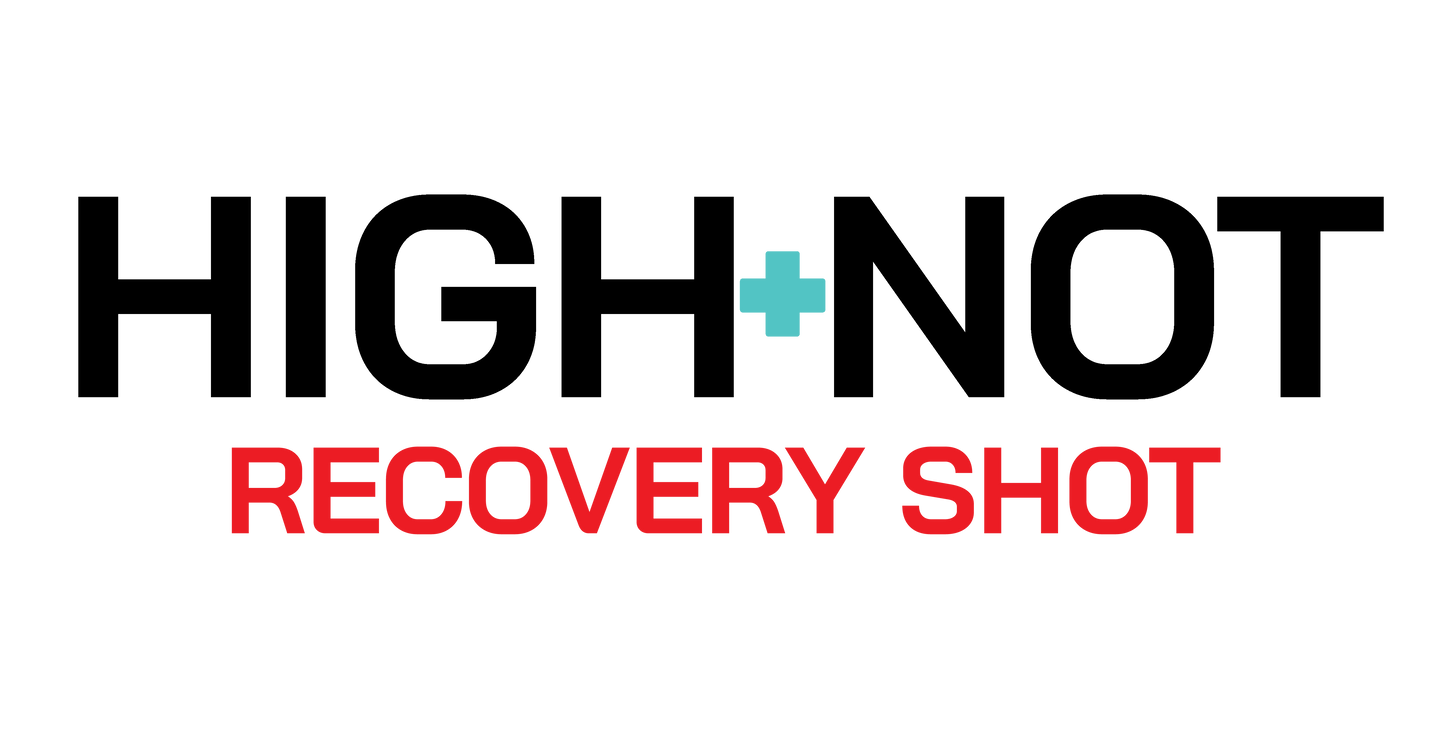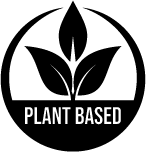
Waking up with a foggy brain and lethargy after an evening of indulgence? A weed hangover can be just as daunting as its alcohol counterpart. But fear not, with the proper steps and understanding, navigating through the haze can be simpler than you think.
Understanding the Symptoms of a Weed Hangover
A weed hangover can manifest in multiple ways, from dehydration to cognitive fog, each symptom bogging you down a little more. Recognizing these signs early on is crucial to finding the right remedy. Unlike alcohol hangovers, the ones induced by cannabis tend to be less understood, with symptoms including dry mouth, fatigue, headache, and a feeling of lethargy that might persist into the next day.
Experts believe that these symptoms stem from the after-effects of THC on the body’s endocannabinoid system, which plays a role in regulating a plethora of functions, including mood, memory, and appetite.
High-Not: Your Fast-Acting Rescue
If you’re looking for a quick and effective way to combat those unwanted hangover effects, High Not Recovery Shot may be your solution. This pharmacist-formulated, plant-based shot is specifically designed to help reduce the lingering effects of THC. In an independent consumer study, the majority of participants reported a significant reduction in their high within 15 minutes of taking High Not, making it a promising option for those seeking a speedy recovery.
Hydration: The First Step to a Speedy Recovery
Starting your morning with a tall glass of water can set the tone for your recovery. Hydration is key after a night of indulgence, as cannabis consumption can lead to dehydration. Incorporating electrolyte-rich drinks can further help in replenishing the minerals your body needs to detoxify efficiently.
Restorative Nutrition: What to Eat and Drink
When it comes to mitigating the effects of a weed hangover, your diet plays a pivotal role. Opt for light, nourishing meals that are easy on the stomach yet rich in vitamins and minerals. Foods like bananas, oats, and yogurt can help stabilize blood sugar levels, while ginger tea may alleviate nausea.
Hydrating fruits and vegetables, such as watermelon and cucumber, are also excellent to incorporate into your recovery meal plan, aiding in hydration and providing essential nutrients to expedite the healing process.
The Role of Rest and Sleep in Healing
Never underestimate the healing powers of rest and sleep. Cannabis can interfere with REM sleep, reducing its quality. Thus, allowing yourself to rest longer and catch up on deep sleep can help recalibrate your body’s natural rhythm, promoting a faster recovery.
Creating a restful environment devoid of electronic distractions can further enhance the quality of your sleep, speeding up your recovery from a weed hangover.
As we wrap up, remember that while a weed hangover can disrupt your day, these remedies provide a pathway to recovery. Hydration, nutrition, rest, and natural supplements act as your first aid kit for reviving your senses. Embrace these tips as your go-to weed hangover cure, and you’ll find yourself bouncing back with ease.








